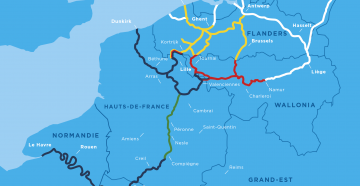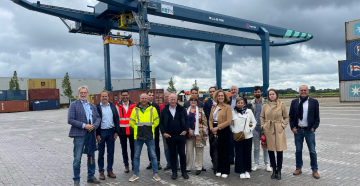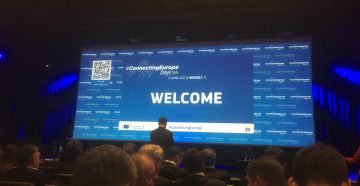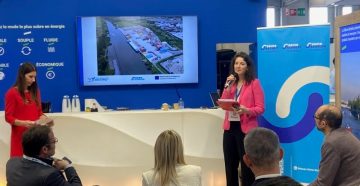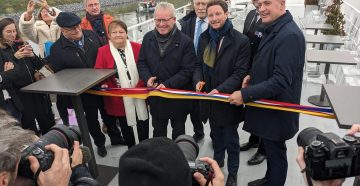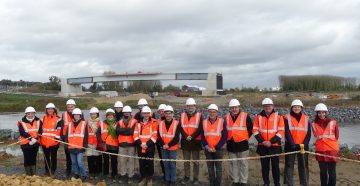Seine-Scheldt must be a competitive water network, ready to welcome new technologies conducive to reducing greenhouse gas emissions from the river sector. In accordance with the Seine-Scheldt Implementing Decision of June 27, 2019, a strategic framework must be drawn up to promote the deployment of infrastructure compatible with alternative fuels throughout the Seine-Escaut network by December 2030.
To meet this objective, the Seine-Scheldt EEIG has set up a working group dedicated to alternative fuels, bringing together experts from the network’s member operators (DVW, VNF, SPW). This working group is tasked with identifying and proposing the conditions and procedures that will enable the network to remain competitive over the long term, and to ensure that the alternative fuels currently being developed (battery-powered electric propulsion systems, liquefied natural gas, hydrogen, methanol, etc.) can be used by users on its perimeter in the coming decades.
Supported by specialist consultants, the members of the working group launched a study in Lille last February, designed to define a framework for the creation of infrastructures compatible with alternative fuels throughout the Seine-Scheldt network. The study is divided into 2 phases:
- a 1st phase dedicated to an inventory, a comparative study, an impact analysis and the definition of a strategic framework presenting the range of solutions for developing infrastructures compatible with alternative fuels. The Phase 1 report is due in early 2025.
- A 2nd phase dedicated to drawing up a roadmap, with precise milestones for the creation of infrastructures compatible with alternative fuels within the perimeter of the future network. This roadmap is due to be submitted in spring 2025.
On April 30, the members of the working group met in Tournai (Wallonia), at the invitation of SPW, to launch phase 1 and take stock of existing data and studies. A progress report on the state of research was presented, including the low-emission fueling study (AVICAFE) carried out by VNF in the Seine basin, the “FLUENT” modeling study for the energy transition of inland waterways from 2030 to 2050 (carried out by VNF and IFPEN on the Rhône-Saône basin), the study of the availability of alternative fuels in the main ports of Wallonia (carried out by SPW) and the Green Deal for inland navigation launched in Flanders.
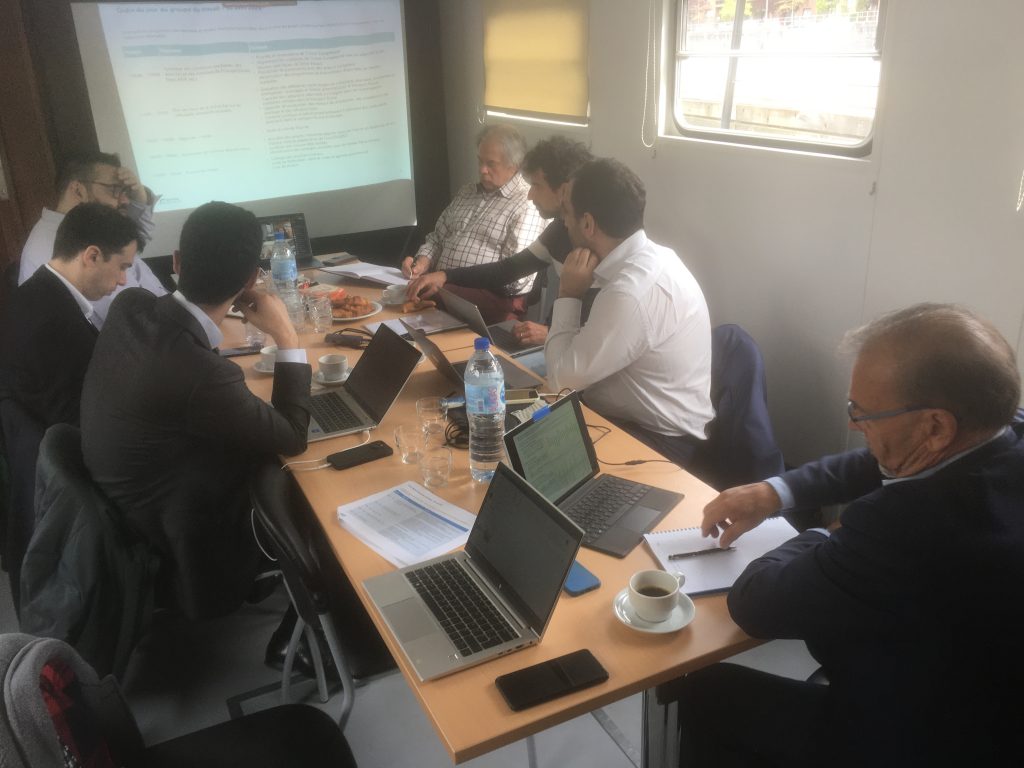
The members of the working group exchanged points of view while navigating the Scheldt through Tournai, taking advantage of the new facilities (Pont des Trous, Pont-à-ponts, nautical stopover, banks, etc.) built as part of the Seine-Scheldt project with the support of the European Union and the Walloon Region.
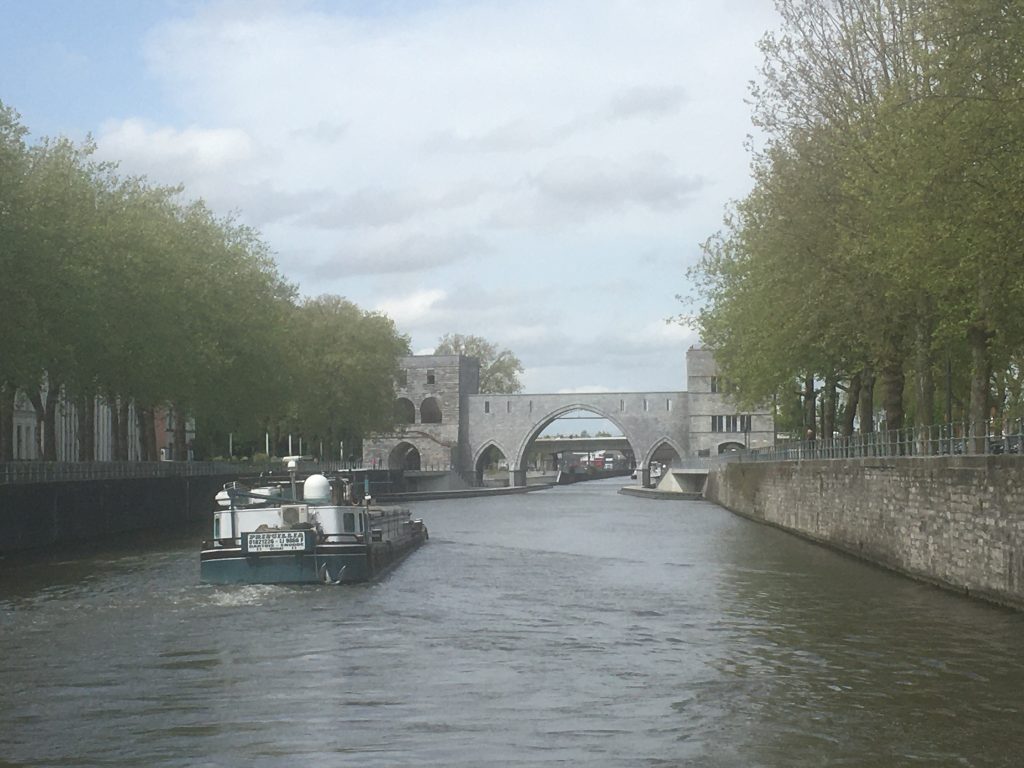
Next step: a comparative technical, economic and environmental study of alternative fuels for river transport on the scale of the Seine Nord Europe canal.

